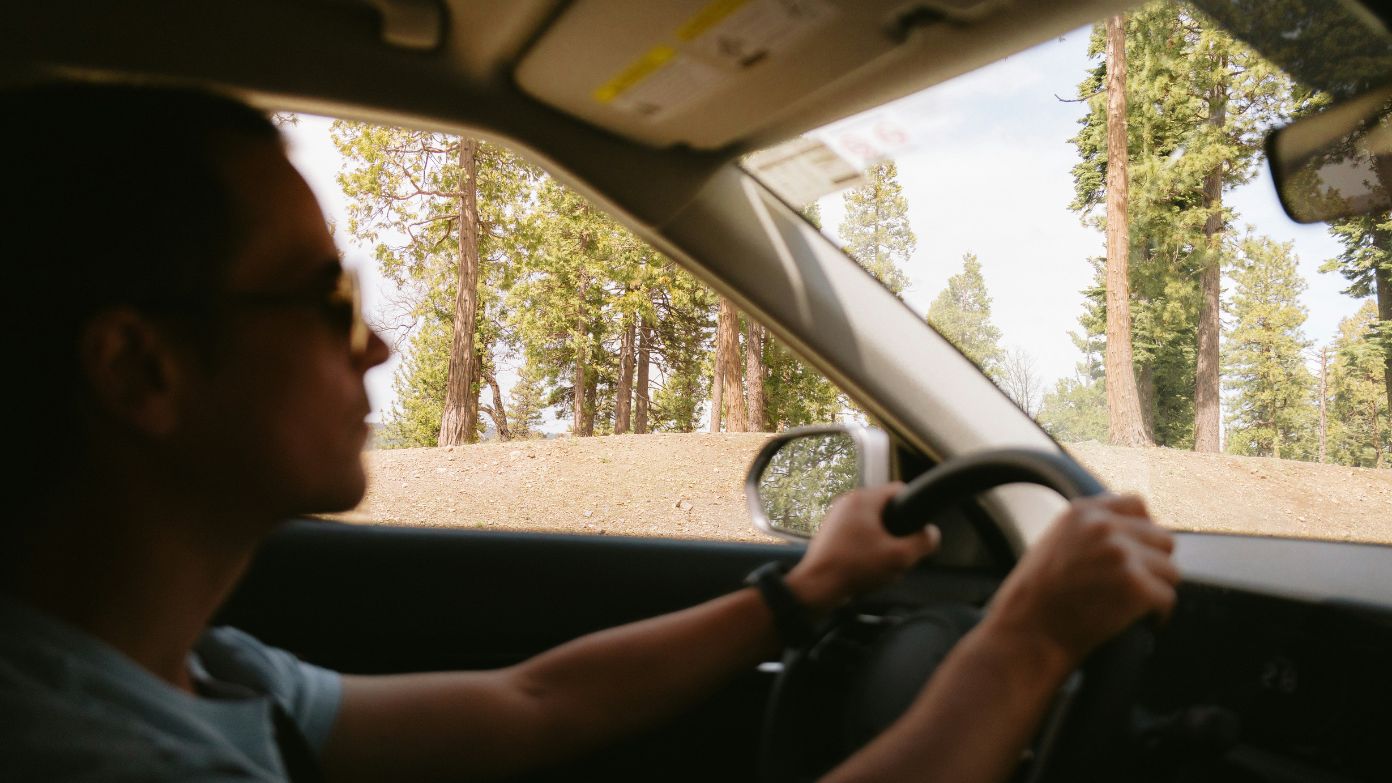For 25 years, driving an electric vehicle in California came with a big perk: you could cruise down the carpool lane even if you were the only one in the car. But starting October 1, that benefit will disappear. The Trump administration has decided not to extend the program, leaving thousands of drivers frustrated. Let us break down exactly what this means for you and why it is happening.
What happens to California EV carpool stickers
If you own an electric vehicle and have one of those Clean Air Vehicle decals on your car, here is what you need to know:
- The last day to order a decal was August 29, according to the California Air Resources Board (CARB).
- The decals will no longer be valid after September 30.
- Starting October 1, all cars must follow the same carpool lane rules as everyone else. That means you need at least the posted number of passengers in your vehicle, or you must pay tolls where they apply.
- If you ignore this and try to use the carpool lane anyway, you risk getting a citation from the California Highway Patrol (CHP).
To put it simply, your decal is no longer your ticket to a faster commute.
Recommended:
Nationwide insurer to drop home coverage for nearly 40,000 Californians\
Why the carpool lane access program is ending
The decision is not coming from California lawmakers. Instead, it comes down to federal law.
On its website, CARB explains: “Under Section 166 of Title 23 of the United States Code, federal legislation was required to authorize an extension, but no such action has been taken.”
In other words, the federal government had to sign off on keeping the program alive, and the Trump administration chose not to do that. Without that approval, California has no power to extend it.
How many drivers are affected by the change
You are not alone if this news feels like a blow. CARB says that about 500,000 vehicles currently have decals that will expire at the end of September. Over the entire 25 years of the program, more than 1.2 million decals were issued.
That means hundreds of thousands of EV drivers will suddenly lose a privilege they have counted on for years. For many, that could add extra time to their daily commute.
Recommended:
Will there be a grace period for drivers
The good news is that there will be a short grace period. CHP told FOX Business that drivers will not be cited for violating carpool lane restrictions within the first 60 days after the program ends.
That means between October 1 and November 30, you will get a little breathing room. But once December rolls around, enforcement will be in full effect.
What California leaders are saying
California leaders are not happy about losing this perk. CARB points out that extending carpool access for zero-emission vehicles is one of the recommendations made to Governor Gavin Newsom in a recent report. But, as the agency notes, “without federal approval, the program can not be extended.”
The reality is that clean-air vehicles are much more common now than they were 25 years ago. That has reduced the environmental benefit of giving them solo access to carpool lanes.

